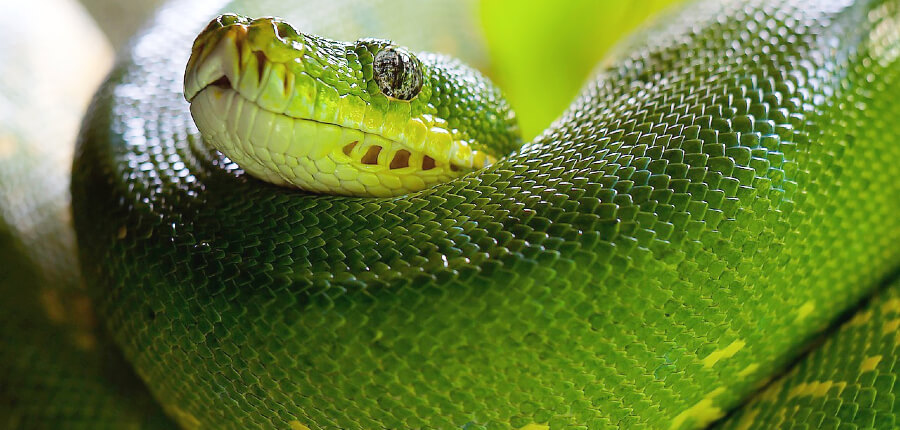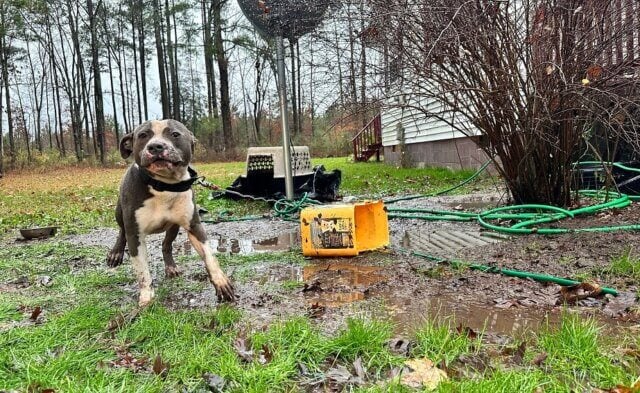Some years ago, I heard a loud, rather frantic knocking at my door. I rushed to open it and found my next-door neighbor standing on my doorstep with gloves on and a pillowcase in hand. He had stopped by to warn me that his “pet” python was on the loose, having escaped the small, inadequate tank that he was kept in. As if this weren’t alarming enough, he admitted that he had been out of town for “a couple of weeks” and wasn’t exactly sure when Bruno the snake had finally gotten hungry enough to make a break for it. Could I keep an eye out for him?
I slept with one eye open until Bruno was found—weeks later, emaciated and dead, having starved to death behind the dryers in the apartment building’s laundry room.
Bruno met a ghastly end, but as Florida lawmakers well know, some lost or discarded pets manage to thrive.
Florida officials tried every trick in the book to rid the state of pythons and other non-native species. Roundups didn’t work. Killing contests with cash prizes failed. A recent decision by the state’s Fish and Wildlife Conservation Commission to ban the possession and breeding of pythons, iguanas and 14 other nonnative species is long overdue but may have come far too late.
Florida’s war on reptiles can be directly attributed to lawmakers—at both the state and the federal level—who have long capitulated to the exotic animal industry by refusing to ban wild animals from being kept as pets. Just a few years ago, the U.S. Fish and Wildlife Service caved to the U.S. Association of Reptile Keepers, which was fighting a bill that would have made some species of dangerous snakes illegal to import and sell. The proposed list was gutted by more than half—four species were banned rather than nine. The group then sued to overturn even that modest measure.
When you make it as simple as pulling out a credit card to buy snakes, alligators, iguanas and other exotic species, the cruel cycle, fueled by the exotic pet industry, begins again. These animals are often bought on a whim and are quickly disposed of when their specialized needs become burdensome. The thrill of acquiring a novelty pet can wear off before the check even clears. Animals who have become “inconvenient” are often tossed out like trash or relegated to life at the end of a chain or in a tiny cage; others are passed from one owner to the next. A few “lucky” ones may end up in an already overburdened animal shelter, where they will at least be given food.
Unbelievably, there is no federal law prohibiting the private ownership of wild or dangerous animals, and that includes tigers, bears, lions and other large species.
Breeders and dealers market exotics as if they were little more than stuffed toys. But exotic species have precise dietary and environmental needs and require specialized veterinary care that even zoos, with their vast resources, sometimes have difficulty fulfilling. Reptiles need technical spectrum lighting, big cats require a fortified diet to prevent their bones from weakening and tropical birds need high levels of humidity in order to thrive.
Lawmakers owe it to their constituents to prevent people from breeding, selling and keeping reptiles and other exotic species, not only to protect the animals themselves, like poor Bruno, but also to protect public health and our ecosystems.





